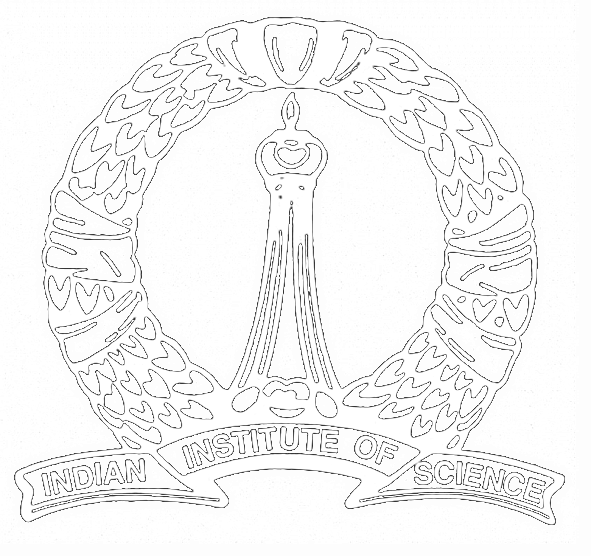PhD Thesis colloquium
Title: Signs of Hecke eigenvalues of modular forms and differential operators on Jacobi forms
Speaker: Ritwik Pal (IISc Mathematics)
Date: 02 July 2019
Time: 3 pm
Venue: LH-1, Mathematics Department
This talk would have two parts. In the first part, we will discuss some topics which can be classified as ‘Linnik-type’ problems (the motivation being his original question about locating the first prime in an arithmetic progression) in the context of Hecke eigenvalues of modular forms on various groups, and then talk about the distribution of their signs. In the second part we will discuss differential operators on modular forms, and then talk about their applications to questions about Jacobi forms.
It is well-known that the sequence of Hecke eigenvalues mentioned above are often real, and has infinitely many sign changes. First part of the talk would discuss the problem of estimating the location of the first such sign change in the context of Hecke eigenvalues of Yoshida lifts (a certain subspace of the Siegel modular forms) and Fourier coefficients of Hilbert modular forms. We show how to improve the previously best known results on this topic significantly.
The crucial inputs behind these would be to establish a non-trivial upper bound on the sum of Hecke eigenvalues of an elliptic newform at primes away from the level for treating Yoshida lifts; and exploiting Hecke relations along with generalising related results due to K. Soundararajan, K. Matomaki et al. for the case of Hilbert modular forms. In both cases we measure the location of the eigenvalues or Fourier coefficients in terms of an analytic object called the ‘analytic conductor’, which would be introduced during the talk. Moreover in the case of Hilbert modular forms, we will also discuss quantitative results about distribution of positive and negative Hecke eigenvalues. The proof depends on establishing a certain result on a particular types of multiplicative functions on the set of integral ideals of a totally real number field.
In the second part of the talk, we will introduce the space of Jacobi forms and certain results due to J. Kramer and, briefly, a conjecture due to Hashimoto on theta series attached to quaternion algebras to motivate the results to follow. The (partial) solution of this conjecture by Arakawa and B"ocherer transfers the question to one about differential operators on Jacobi forms, and we would report on previously known and new results on this topic.
The heart of the second part of the talk would focus on the question about the differential operators on Jacobi forms. It is well known that certain differential operators ${D_{v}}_{0}^{2m}$ map the space of Jacobi forms $J_{k,m}(N)$ of weight $k$, index $m$ and level $N$ to the space of modular forms $M_{k+v}(N)$ of weight $k+v$ and level $N$. It is also known that the sum of the differential operators $D_{v}$ for $v={1,2,…2m}$ map $J_{k,m}(N)$ to the direct sum of $M_{k+v}(N)$ injectively. The question alluded to above boils down to investigate whether one can omit certain differential operators from the list above, maintaining the injective property. In this regard, we would discuss results of Arakawa–B"ocherer, Das–Ramakrishnan, and finally our results. The main point would be to establish automorphy of the Wronskian of a certain tuple of congruent theta series of weight 3/2.
- All seminars.
- Seminars for 2019
